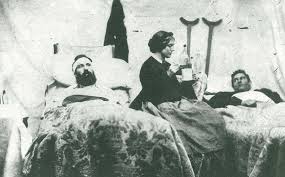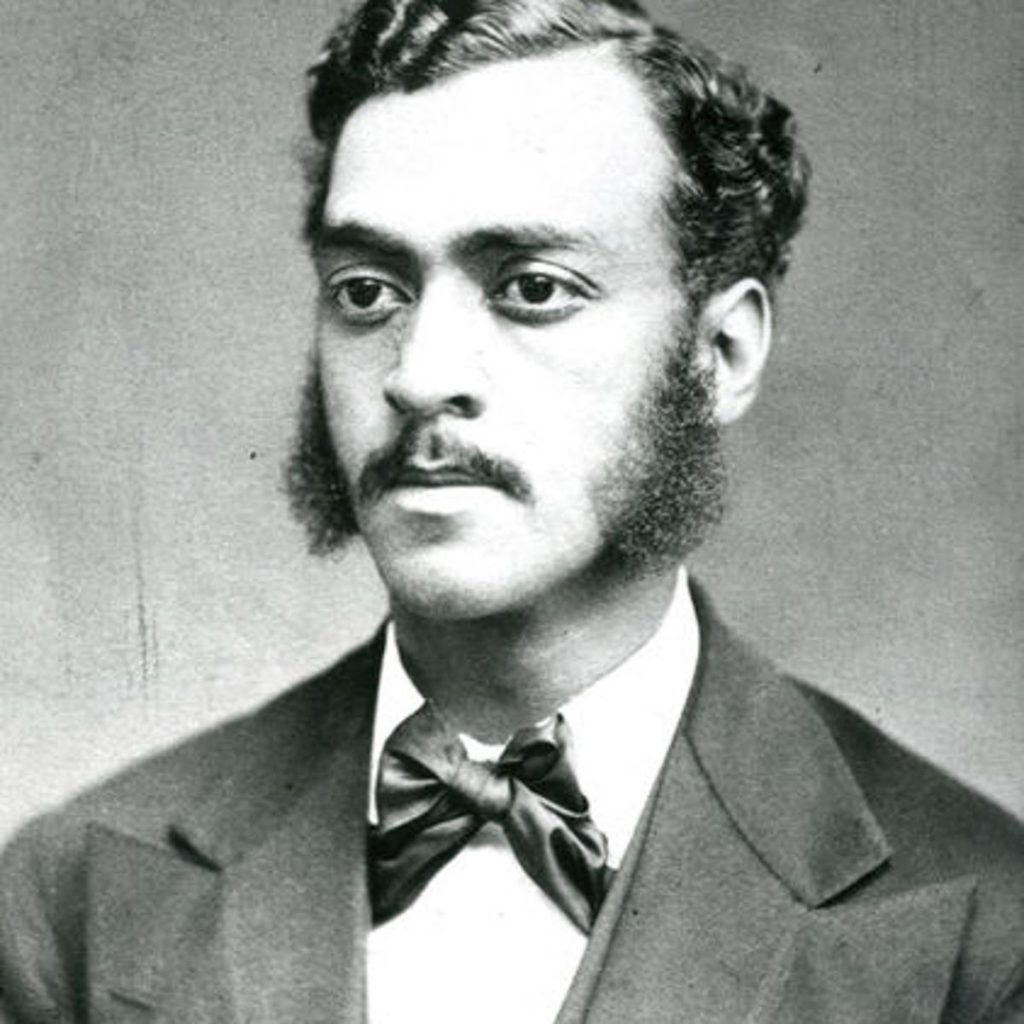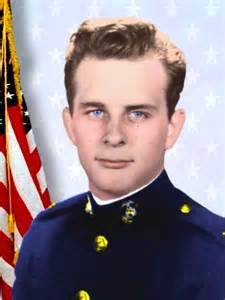The Bucknell Program for American Leadership is a Faculty think tank with Student, Staff, and Trustee affiliates, dedicated to supporting cultural and ideological diversity within the tradition of the liberal arts and in accord with our university’s values (see below). To this end we sponsor campus programming and student seminars, often in appreciative partnership with the Open Discourse Coalition, a Bucknell alumni organization that helps to support our projects (and whose programs we often co-sponsor).

(Photo of BPAL campus event by the Standard-Journal)
Supporting University Values through the Liberal Arts Tradition
We affirm:
–Bucknell’s 1846 Charter preamble statement, that the purpose of the university is “to promote the general interests of science, literature, and good morals.”
–Bucknell’s current mission statement‘s encouragement of “different cultures and diverse perspectives.”
–University policy that supports “an institutional climate of respect for cultural and ideological diversity” (faculty meeting 4/18/23), as well as free expression.
–How Bucknell’s founding originally as a religious institution resonates with our support for a positive relation between faith and learning today at our secular pluralistic institution.
–The work of standout graduates in the history of Bucknell in applying the tradition of the liberal arts to public life, philanthropy, religious life, and resistance to totalitarianism (see “our role models” further below).
These all inform our projects, together with:
1. Founding Inspiration from Profs. Robert George and Cornel West

We find inspiration in our beginning from the ongoing friendship and dialogues of Profs. Cornel West of Union Theological Seminary and Robert George of Princeton across philosophical differences. BPAL grew out of a 2017 scholarly symposium held at Bucknell on the centennial of the Bolshevik Revolution followed by a visit by Profs. George and West shortly after.
2. Gratitude to Current Alumni Invested in Free Expression and Bucknell Tradition
We are grateful to generous financial support of like-minded alumni through the Open Discourse Coalition for events involving a spectrum of cultural and intellectual perspectives, to benefit students, in relation to ODC’s commitment to free expression on campus. ‘Ray Bucknell!
3. Our Role Models: Four early Bucknellians* who inform our core mission:

Andrew Gregg Tucker. Class of 1862, gave his life at Gettysburg supporting the republic and American ideals of liberty and justice, exemplifying application of the liberal arts to public life. He is buried next to campus

Annie Bell. Female Institute Class of 1858, she volunteered to serve as a nurse in the Civil War, rising to high administrative roles. She exemplified leadership as humanitarian service.

The Rev. Edward McKnight Brawley. Class of 1875 and M.A. 1878, he helped develop institutions of faith-based higher learning, exemplifying a positive relation between faith and liberal arts education in accord with Bucknell’s founding principles and ongoing commitment to cultural diversity.

George Henry Ramer. Class of 1950, a World War II veteran and Lewisburg High School teacher, he volunteered for duty in the Korean War. He received the Medal of Honor for giving his life saving Marines under his command, exemplifying resistance to totalitarianism engendered by the liberal arts.
*Before 1886, Bucknell was the University at Lewisburg, with which the Female Institute was affiliated.